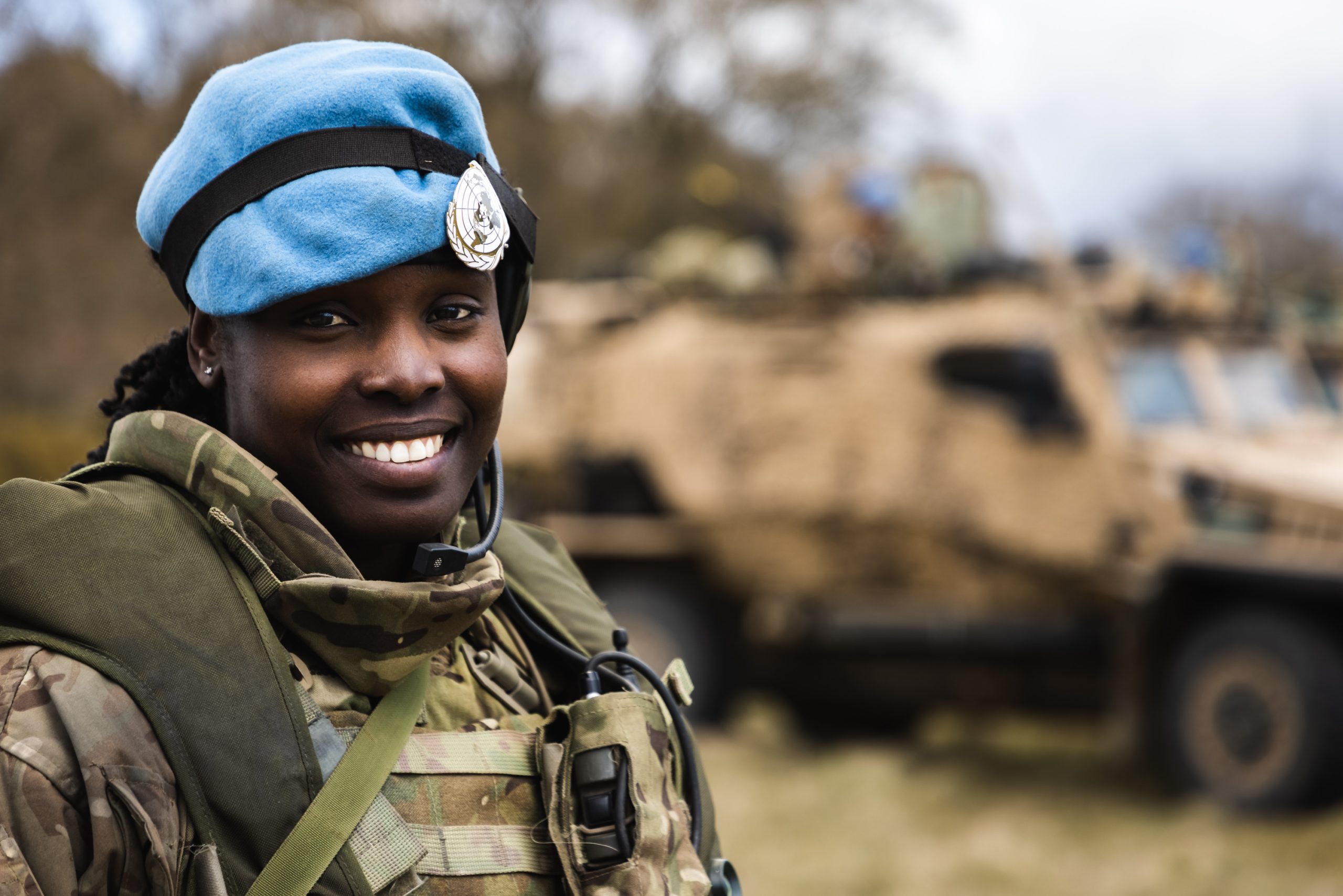- At a policy level, reductionist thinking is still prevalent in many institutions, although this may be unintentional. This replaces “gender” with “women and girls,” in a way that is not intersectional, and fails to recognise masculinities, gender and sexual minorities, and the differentiated needs of women and girls including those with disabilities. It also replaces “security” with protection from conflict-related sexual violence. These cognitive shortcuts detract from the holistic and wider understanding that is needed – on gendered issues and norms that drive and sustain conflict, of the differentiated impacts of conflict and of the role that women play as active agents in conflict, peace building, and emergency response.
- This wider understanding requires the concept and provision of security to be shaped by a gendered understanding and analysis which includes the experiences and priorities of women and girls. This includes the ability to exercise basic rights and freedoms (e.g. of movement) without threat or fear of harm due to gender identities. It also requires enabling a broader base of decision-makers around the table, including women.
Recommendations
- Reframe policy in the ways set out above, increase policy coherence across government, and other organisations, and increase accountability for policy through a new proposed index for conflict response.
- Establish mechanisms to: systematically engage with Women’s Rights Organisations (WROs) and wider civil society to bring ground truth, diversity of perspective and early warning systems into analysis and policymaking; protect human rights defenders; resource WROs with core, flexible and multi-year funding in peace time and crisis to support their role as first responders; support two-way due diligence assessments so that governments are incentivised and held to account on proportionate and effective funding partnerships.
- Feed politically relevant technical advice directly into key decision-making groups/ individuals during crisis response and throughout the humanitarian response.
- Institutionalise behavioural incentives as well as crisis response systems and structures that require a consideration of gender dynamics.
- Use Gender Equality and Social Inclusion Analysis done by HMG or civil society as a way of revealing systems of power that lead to exclusion, vulnerability to radicalisation and readiness to use violence. These and other analysis tools need to better consider and understand the risks posed by climate change and technology.
- Build internal institutional memory and support transfer of knowledge in between staff rotations.
